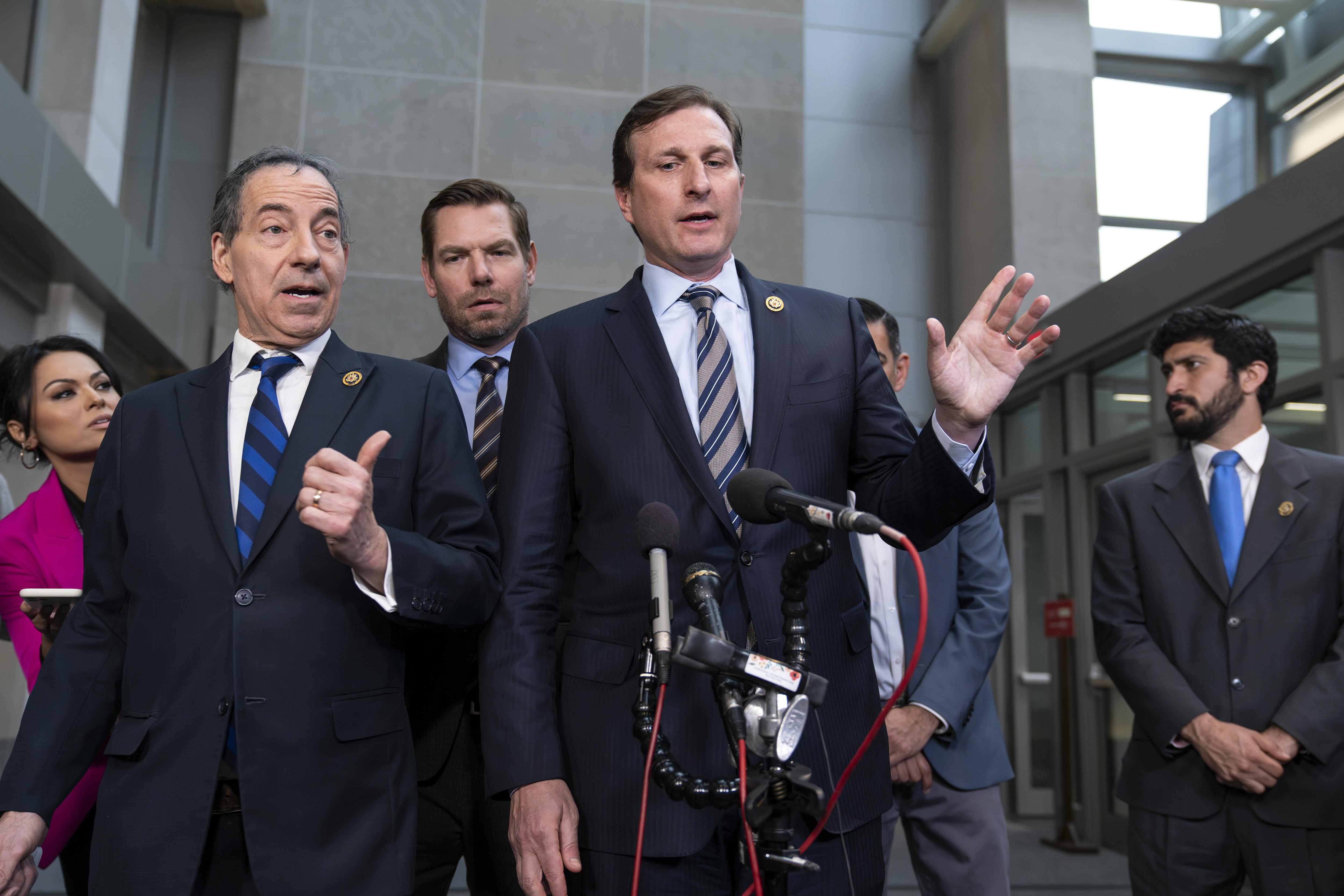Can you separate the green facts from eco fiction? It's easy to be fooled by greenwashing. Here's why it is a growing environmental issue. Products claiming to be "sustainable," "carbon neutral" or "plastic free" are increasingly present on supermarket shelves.
And as many of us are increasingly concerned about the environmental impact of our : from the involved in manufacturing, to the waste and produced once items are thrown away, such labels can be tempting. In fact, according to a survey of consumers in 16 countries around the world, of people prefer buying products with an environmental label. But the same study also revealed only 3% would always be able to spot false green claims.

That is where comes into the picture. What does the term mean? Greenwashing is a marketing tactic used to make a product or service appear better for the environment than it is. Energy companies, banks, retailers and even countries have been accused of it.
Although there is no internationally agreed legal definition, it generally involves presenting environmental claims that are either overstated, misleading or simply untrue. As Maria Soxbo, Swedish sustainability lecturer and author, said in a 2023 TED Talk: "Greenwashing is what happens when sustainability marketing goes wrong, when the message is turned against us instead of helping us to make those good, conscious choices." The aim is to convince eco-minded investors and consumers to buy or support what is being sold.
And it is lucrative. .



















